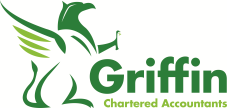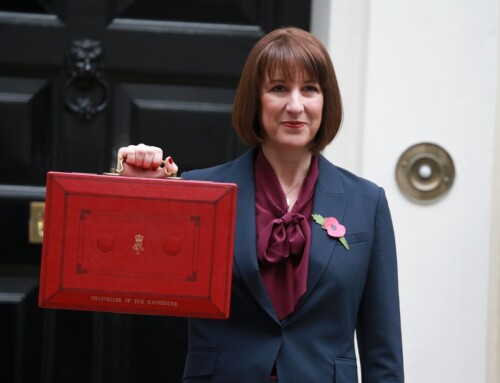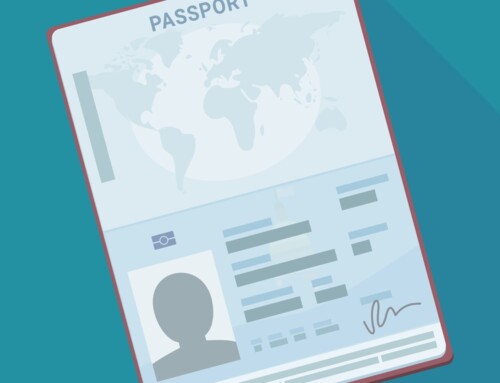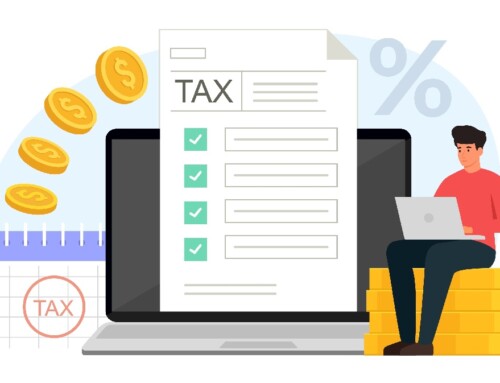2024 General Election Impact On Businesses
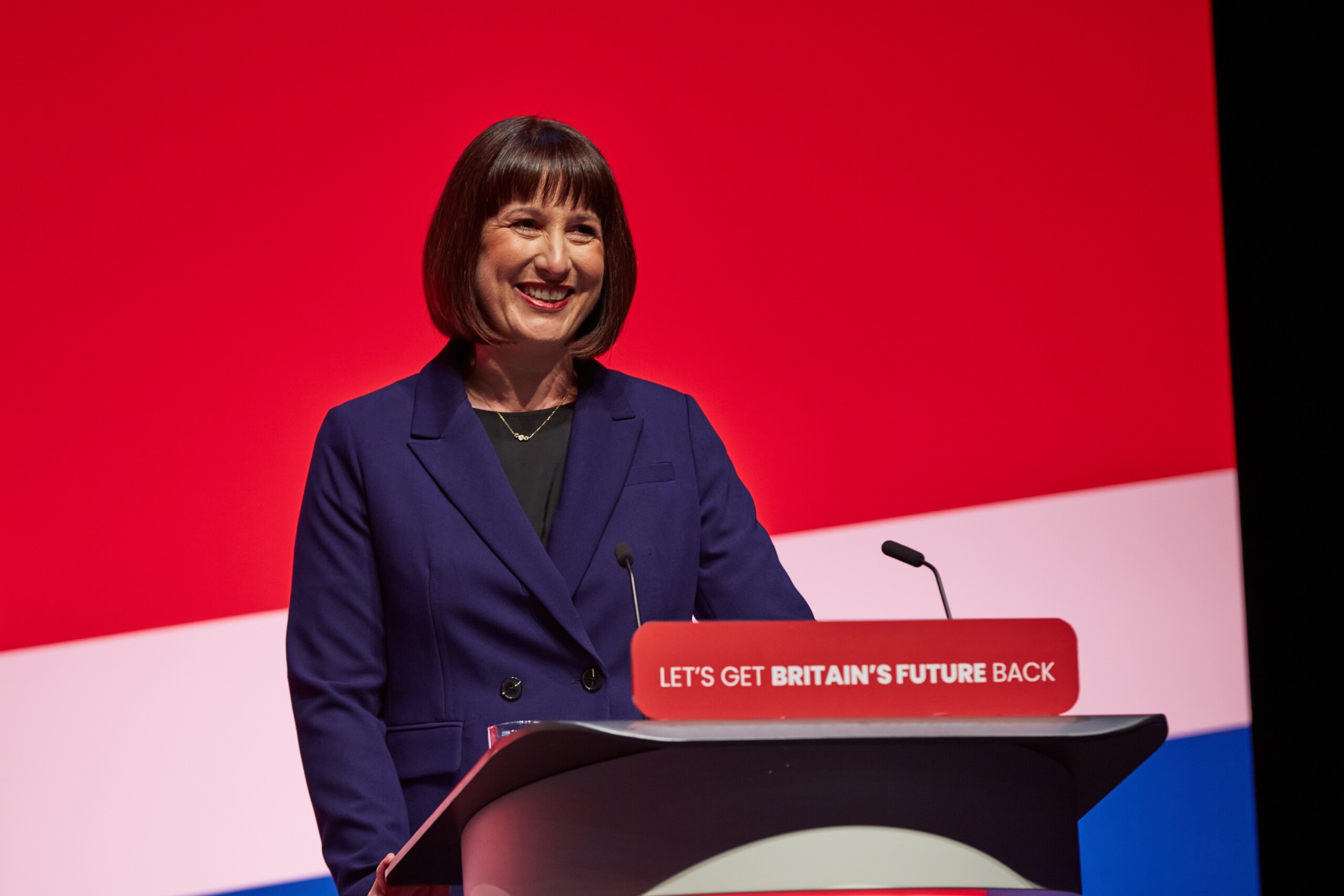
The recent general election has ushered in significant changes to the UK’s financial landscape. The new Chancellor, Rachel Reeves, has announced that the Autumn Budget will take place on Wednesday 30 October 2024. Labour have suggested they will have to raise taxes in a bid to claw back some of the Government’s £22bn debt and that some of the changes could be effective immediately from 30 October. Some careful tax planning maybe required to reduce the impact of any resulting changes.
As part of their manifesto, Labour pledged that it would not raise “working taxes”. The chancellor has already indicated that she would not increase National Insurance, Income Tax, Corporation Tax or VAT. However, she did not rule out changes to Inheritance Tax (IHT), Capital Gains Tax (CGT), Stamp Duty Land Tax (SDLT) or the reformation of pensions taxation.
The following changes have already been announced:
- VAT on private school fees will be applied from 1 January 2025 with any payments made in advance of this or the January terms being taxed from 29 July 2024 onwards.
- Continuing with the Conservative’s plans to abolish the furnished holiday lettings (FHL) regime with effect from April 2025.
Our predictions
Capital Gains Tax (CGT)
One of the most likely taxes to be impact is capital gains tax. The worst-case scenario would be the alignment of CGT rates with Income Tax. They could introduce different tax rates for different assets including residential property, investment and business assets.
They could also target Business Asset Disposal Relief (BADR). Currently, BADR provides a lower rate of CGT of only 10% for business owners selling their businesses, up to a maximum of £1million. Labour’s plans suggest a reduction in the scope of this relief, making it potentially more tax-efficient to sell sooner rather than later. If you are considering selling your business or closing it down, now may be an opportune time to do so before these changes take effect.
Pensions
The new government could raise further taxes by reducing the Lump Sum Allowance, the amount of tax-free cash individuals can take from their pensions. Therefore, anyone considering taking a lump sum from their pension may be wise to do so before 30 October.
Staying informed and proactive is crucial. For further details, please contact us at Griffin.
